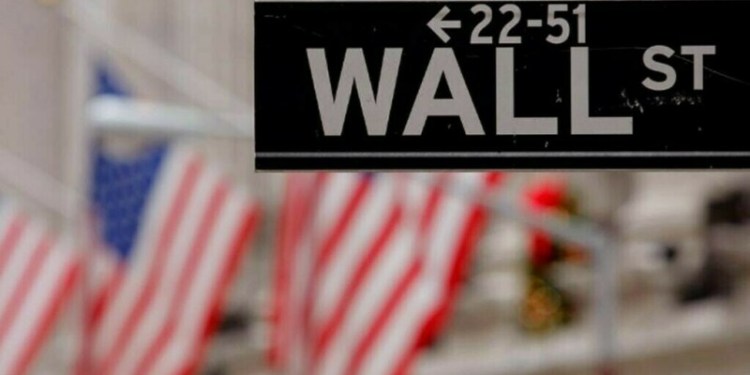LONDON (Reuters) – The United States and Britain have seen their current account deficits widen because the global trade in services, which are their strong points, is less open than it is for goods, researchers at the Bank of England said.
Tariffs and other obstacles to exports of manufactured goods have tumbled in recent decades as countries signed up to trade deals. But governments have been more protective of sectors such as banking.
“The decline in goods trade barriers may have favored countries specializing in goods, like China, Germany and Japan, allowing them to increase exports relative to imports, and contributing to their persistent current account surpluses,” the researchers said in a paper published on Wednesday.
“By contrast, countries like the United States and the United Kingdom, who specialize in the services sector where trade is more restricted, have been running persistent deficits.”
Opening up services trade to the same degree achieved in goods trade could reduce global imbalances – or the difference between current account deficits in some countries and surpluses in others – by around 40 percent, the paper said.
“While not easy to achieve, that could also make global growth stronger and more inclusive,” it said.
Imbalances were seen as a contributor to the global financial crisis of 2007-09 as surplus countries such as China bought vast amounts of debt of deficit countries, helping to keep interest rates low and encouraging risky borrowing in countries such as the United States.
The U.S. current account gap fell to 2.1 percent of gross domestic product in the third quarter of 2017, its lowest in three years and down from a record 6.3 percent in late 2005, pushed down by higher domestic oil output and lower oil prices.
Britain’s current account deficit stood at 4.5 percent of GDP in the July-September period of last year, having hit a 5.9 percent for 2016 as a whole.
BoE Governor Mark Carney has warned that Britain’s current account deficit leaves it dependent on the “kindness of strangers” who help fund its shortfall.
Fusion Media or anyone involved with Fusion Media will not accept any liability for loss or damage as a result of reliance on the information including data, quotes, charts and buy/sell signals contained within this website. Please be fully informed regarding the risks and costs associated with trading the financial markets, it is one of the riskiest investment forms possible.
Source: Investing.com

























